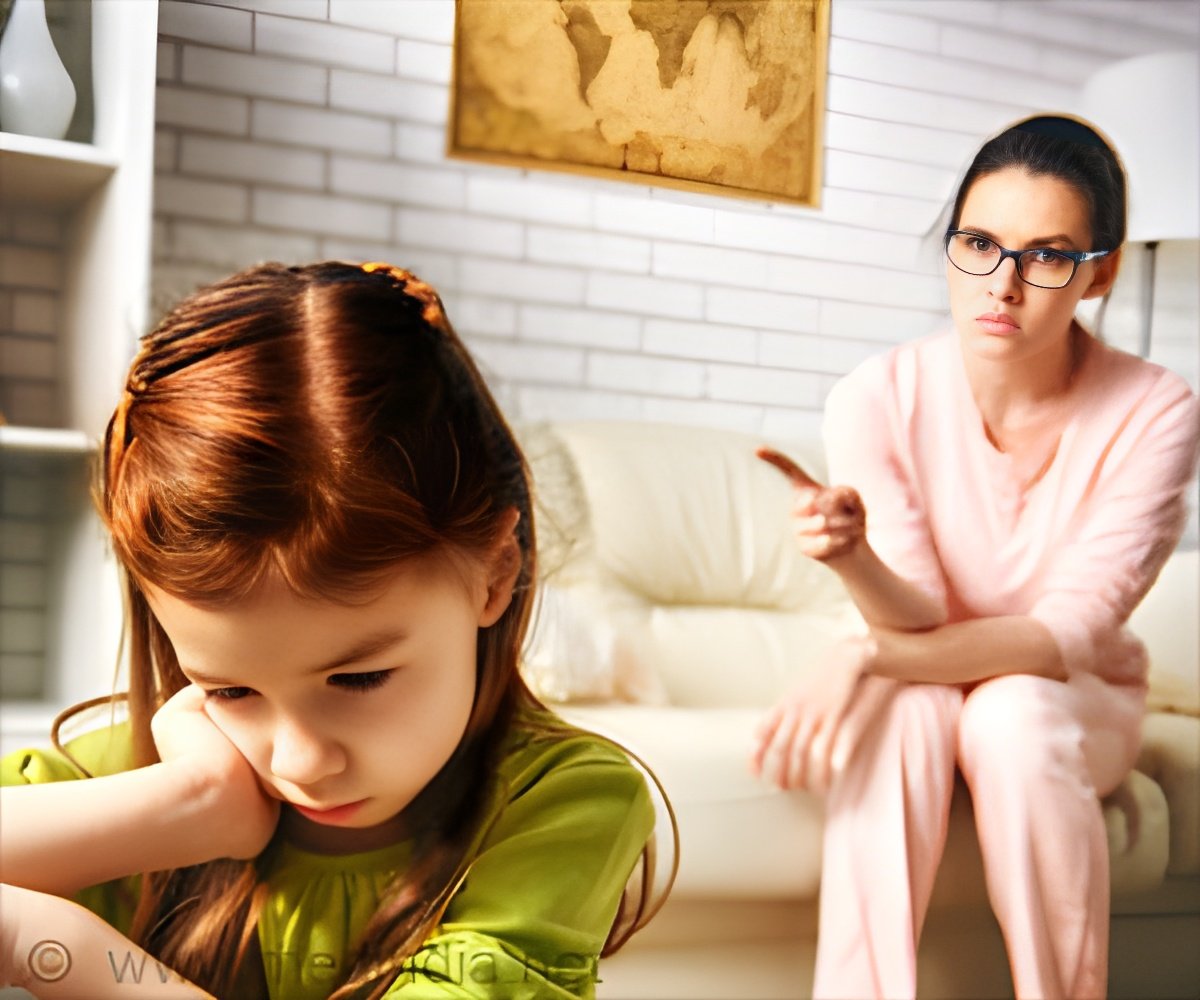Study highlights emotional empathy and depression as key in intergenerational childhood maltreatment.

Effects of childhood maltreatment on mothers' empathy and parenting styles in intergenerational transmission
Go to source). One crucial factor contributing to this cycle is a lack of empathy in parents who grew up in abusive environments. Parental empathy—the ability to understand and respond to a child’s emotional needs—is essential for healthy parenting.
‘#Childhood_abuse can diminish empathy by age 8, impacting their ability to nurture their own kids, raising the risk of further #maltreatment. #parenting’





Children who suffer abuse are often found to have diminished empathy by the time they are eight years old, and this deficiency can persist into adulthood, making it harder for them to provide the emotional care their own children require, further raising the risk of CM. Impact of Childhood Maltreatment on Mothers' Empathy
Now, a recent study led by researchers from the University of Fukui, Japan, provides new insights into this complex issue. Published in Volume 15 in Scientific Reports, the study compared mothers who engage in maltreatment with those who do not, examining how their experiences of CM impact their ability to empathize, manage stress, and raise their children.Their findings highlight possible ways to break the cycle of abuse through targeted interventions. This research was conducted by Graduate Student Yuko Kawaguchi along with Assistant Professor Shota Nishitani, Associate Professor Takashi X. Fujisawa, and Professor Akemi Tomoda from the University of Fukui, Japan.
Speaking to us about the rationale behind this study, Kawaguchi says, “We aimed to not only determine whether mothers engaged in CM in a simplistic ‘either/or’ manner but also to understand the act of maltreatment from a more nuanced, spectrum-based perspective.”
With this in mind, the researchers conducted path analysis, a statistical technique that maps and tests relationships between multiple variables. They compared 13 mothers who had experienced childhood abuse and engaged in maltreatment with a control group of 42 mothers who had no such history, examining how factors such as CM, empathy, and depressive symptoms influence parenting styles in both groups.
Advertisement
The analysis revealed significant differences between the two groups. Mothers who had experienced CM scored higher on measures of childhood trauma, including physical, emotional, and sexual abuse, as well as neglect.
Advertisement
Furthermore, parents who experienced CM themselves were more likely to feel overwhelmed by their children’s emotions, making them prone to depressive symptoms and increasing their risk of engaging in maltreatment, thereby perpetuating the cycle of intergenerational abuse.
“Our research reveals that a history of abuse enhances emotional empathy, which in turn, influences parenting through its impact on depression,” says Kawaguchi, while elaborating on the findings. “By addressing emotional empathy and depression, we can help break this cycle and prevent maltreatment from being passed down to the next generation,” she adds. Interventions to achieve this can include mental health support to mothers who have experienced CM and parenting programs that help mothers manage their emotional empathy effectively.
Moving forward, integrating insights from this study into parenting education, child welfare, and mental health interventions can foster healthier and more positive parent-child relationships.
Reference:
- Effects of childhood maltreatment on mothers’ empathy and parenting styles in intergenerational transmission - (https://www.nature.com/articles/s41598-025-92804-0)
Source-Eurekalert













